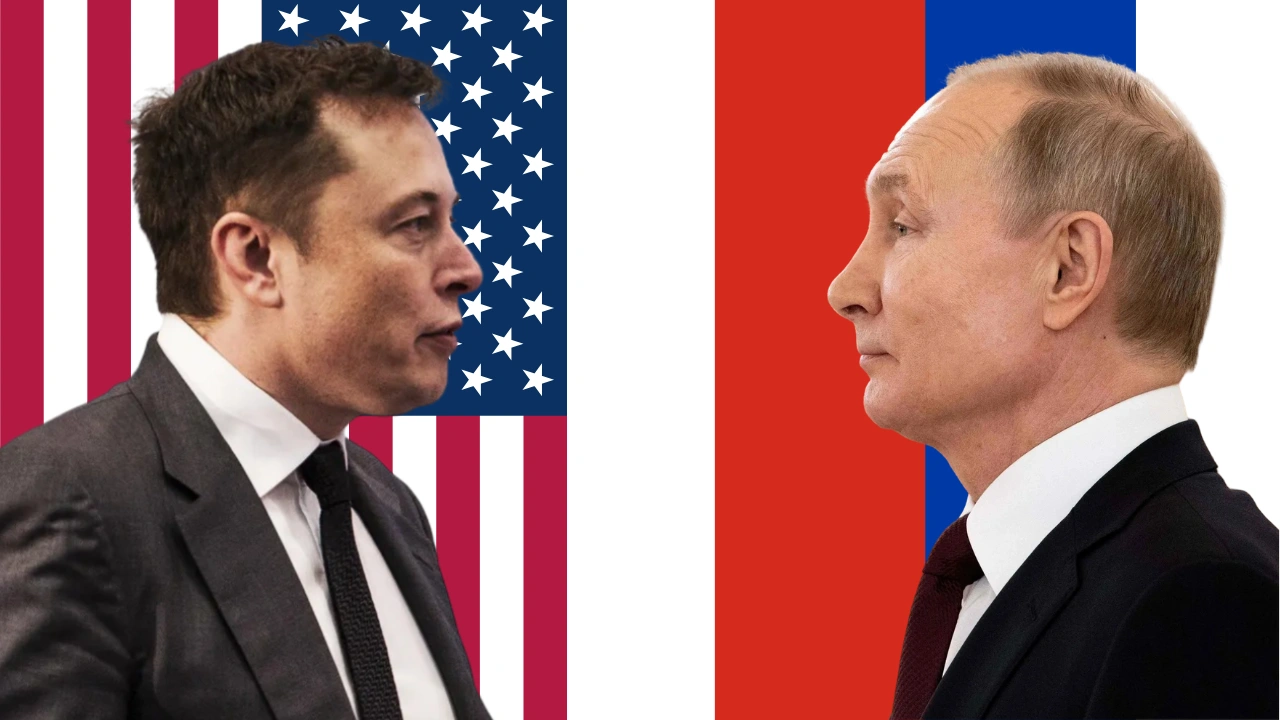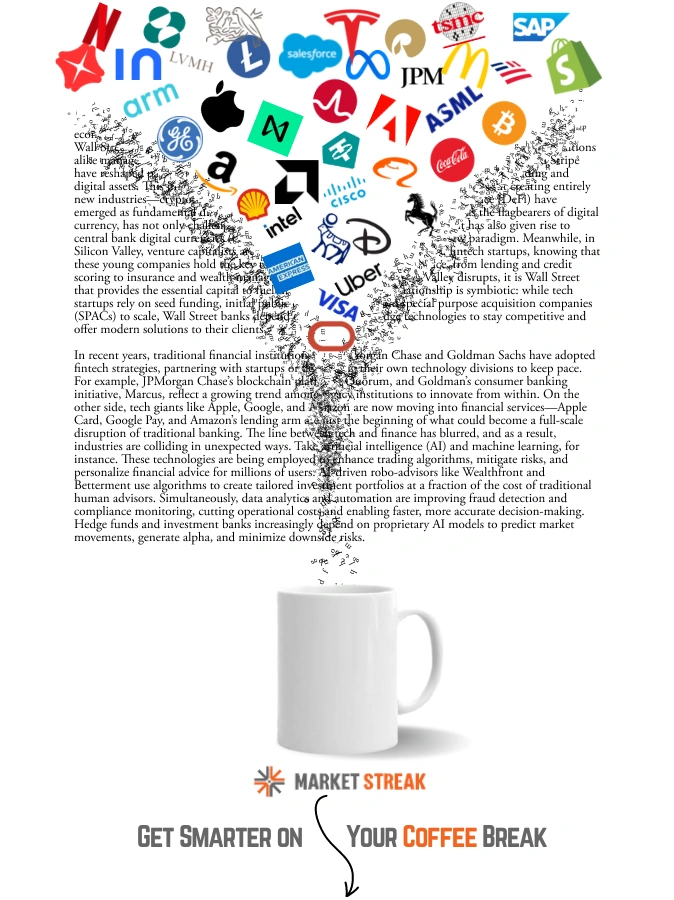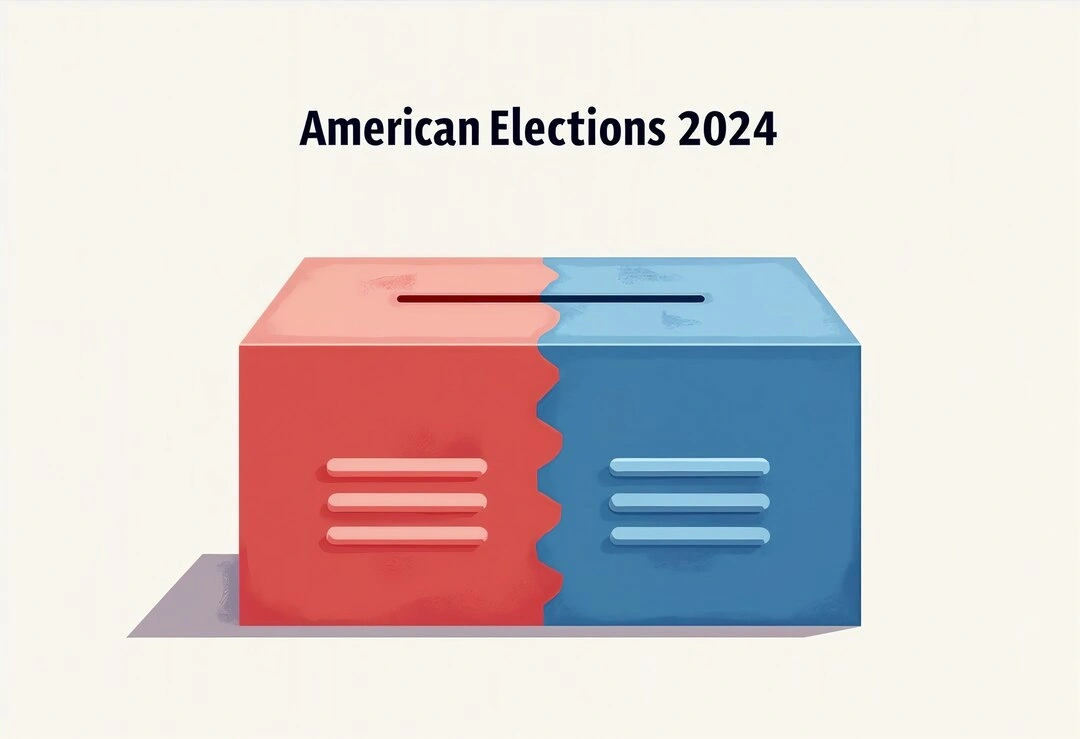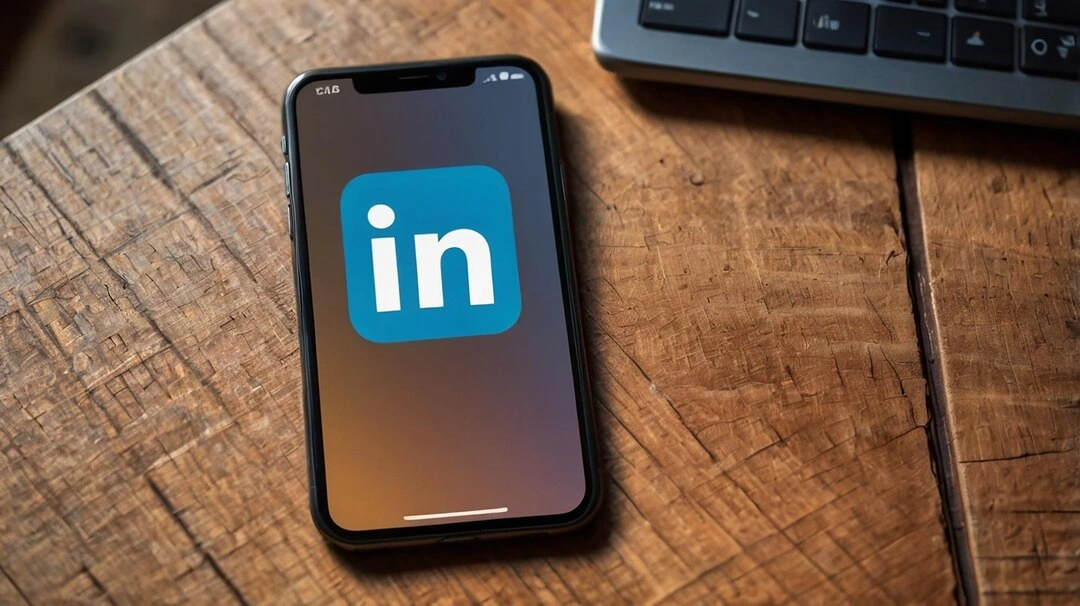Elon Musk
Vladimir Putin
Politics
International Relations

Elon Musk
Vladimir Putin
Politics
International Relations
This week's news cycle delivered a mixed bag: billionaire meddling in journalism, a record-breaking data breach, a major aerospace company exploring a sale, and concerns surrounding a tech CEO's communication with a foreign leader. Let's dive into the details.
The week began with unexpected news from two media giants. Jeff Bezos, founder of Amazon, and Patrick Soon-Shiong, founder of NantHealth, each blocked their respective newspapers, the Washington Post and the Los Angeles Times, from endorsing Vice President Kamala Harris for the upcoming presidential election. This action surprised many, as both newspapers endorsed Joe Biden in the 2020 election and have a long history of endorsing candidates.
The surprise stems from public statements made by both Bezos and Soon-Shiong upon acquiring their respective publications. Soon-Shiong, in 2018, declared that “the best newspapers are the voice of the people.” Bezos, in 2013, was even more explicit, stating that "the paper’s duty will remain to its readers and not to the private interests of its owners.” The actions of both men this week seem to contradict these earlier pledges, raising concerns about the potential influence of ownership on editorial independence. The incident sparked a debate about the balance between ownership and editorial freedom in the modern media landscape. Many are questioning whether the promises made by these tech billionaires were ever truly sincere, or simply strategic moves to appease public opinion at the time of acquisition.
The Wall Street Journal reported that Elon Musk, CEO of SpaceX and Tesla, has been in “regular contact” with Russian President Vladimir Putin since late 2022. This revelation has triggered concerns within the federal government about potential national security implications.
The significance of this contact is amplified by SpaceX's crucial role as the primary provider of rocket launches for the Pentagon and NASA. Musk himself has acknowledged possessing a security clearance, granting him access to sensitive information about U.S. military and intelligence programs. The Journal’s report further details that Putin directly requested Musk to “avoid activating his Starlink satellite internet service over Taiwan as a favor to Chinese leader Xi Jinping.”
Musk has not responded to the Journal’s request for comment regarding his communications with Putin. However, he did respond to a social media post suggesting he was being portrayed as a Russian agent with two laughing emojis. A Kremlin spokesperson downplayed the Journal’s report, stating that any conversations between Musk and Putin solely focused on “space as well as current and future technologies.” However, the lack of transparency surrounding these conversations, coupled with Musk's significant role in critical U.S. infrastructure and his access to sensitive information, continues to raise serious concerns among government officials. The potential implications for national security strategy and international relations remain a focus of ongoing discussion.
February saw a significant ransomware attack on UnitedHealth Group, resulting in a massive data breach affecting over 100 million individuals. This has been declared the largest health-related data breach in U.S. history.
The Department of Health and Human Services recently released the updated figure, months after the attack initially caused widespread healthcare system outages across the country. The hackers, targeting UHG's technology unit, Change Healthcare, accessed sensitive personal information including names, addresses, Social Security numbers, health data (diagnoses, treatment plans, and insurance details), and payment information.
This breach dwarfs previous large-scale health data breaches, the next largest involving Welltok in 2023, which compromised the data of 14 million people. UnitedHealth Group has stated they are continuing their efforts to identify and notify all affected individuals. In the meantime, individuals who suspect their data may have been compromised are urged to take precautions, such as changing passwords on important accounts and considering credit freezes. The scale of this breach highlights the persistent vulnerabilities within the healthcare sector and the urgent need for enhanced cybersecurity measures.
Despite requesting lower pay following cybersecurity incidents, Microsoft CEO Satya Nadella received a substantial compensation increase, with his total compensation climbing over 60% this year.
In 2023, Nadella earned $48.5 million, comprising a $2.5 million base salary, stock awards, a cash bonus, and other compensation. This year, while his base salary remained unchanged, his total compensation soared to over $79 million, primarily due to significantly increased stock awards.
Nadella’s request for a reduced bonus was a gesture of contrition following suspected Chinese hacking attacks in 2023, which compromised the accounts of U.S. officials, and subsequent Russian hacks targeting top Microsoft executives in early 2024. Despite this request, Microsoft’s board awarded him a $5.2 million bonus, considerably less than the over $10 million originally projected, though still a significant sum. The contrast between Nadella's public show of responsibility and his ultimately substantial compensation increase has sparked debate about corporate accountability and executive compensation practices.
Boeing, the aerospace giant, is exploring the sale of its space division due to significant financial pressures. This division supports crucial NASA missions, potentially including the Starliner space taxi program and International Space Station operations. However, it reportedly excludes NASA's Space Launch System rocket.
These considerations predate the arrival of Kelly Ortberg as Boeing's CEO in August. Before Ortberg’s appointment, Boeing even held discussions with Jeff Bezos's Blue Origin about potentially transferring some NASA programs. The announcement comes on the heels of Boeing’s third-quarter report, revealing a $6 billion loss due to difficulties in its commercial aircraft unit, exacerbated by an ongoing strike and the rejection of a recent worker proposal. Ortberg's statement during his first earnings call as CEO summarizes the company's strategy: “We’re better off doing less and doing it better than doing more and not doing it well.” This decision highlights the significant financial challenges facing Boeing and its need for strategic restructuring to improve its profitability and financial stability.
Brenda Lee's classic Christmas song, "Rockin' Around the Christmas Tree," has received a unique modern update. Producer Auero Baqueiro created a Spanish-language version using AI to process and translate Lee's original vocals into Spanish, resulting in the track "Noche Buena y Navidad." This new version even has Lee’s approval; she originally recorded the song in 1958 at the age of 13.
This project marks a significant step for Universal Music Group, the world's largest music company, as it represents their first public use of AI technology to rework a track from their vast back catalog. The successful implementation of this technology suggests that we can expect to see more AI-reworked hits in the future, raising questions about the future of music production and copyright in the age of artificial intelligence. The success of this specific project paves the way for potential similar endeavors, broadening the possibilities for music adaptation and potentially opening doors for new forms of artistic expression.
Waymo's Expansion: Waymo, the autonomous vehicle company, is reportedly seeking further funding to expand its services in existing markets.
Copyright Office Decision: The U.S. Copyright Office has denied a request from preservationists to remotely study video games, raising concerns about access to cultural artifacts.
Tether Investigation: Federal authorities are investigating whether Tether, a major cryptocurrency, violated anti-money laundering regulations.
Google Gemini 2.0: Google's Gemini 2.0 AI model may launch before the year's end, pending the resolution of performance issues.
This week's news demonstrates the ongoing intersection of technology, politics, business, and security, presenting a complex and ever-evolving landscape for individuals and institutions alike. The stories highlighted above represent just a fraction of the significant events shaping our world, underscoring the need for continued awareness and critical analysis of current affairs.
SHARE


news
30th October 2024

news
30th October 2024


news
30th October 2024

news
30th October 2024


news
30th October 2024


news
30th October 2024


news
30th October 2024